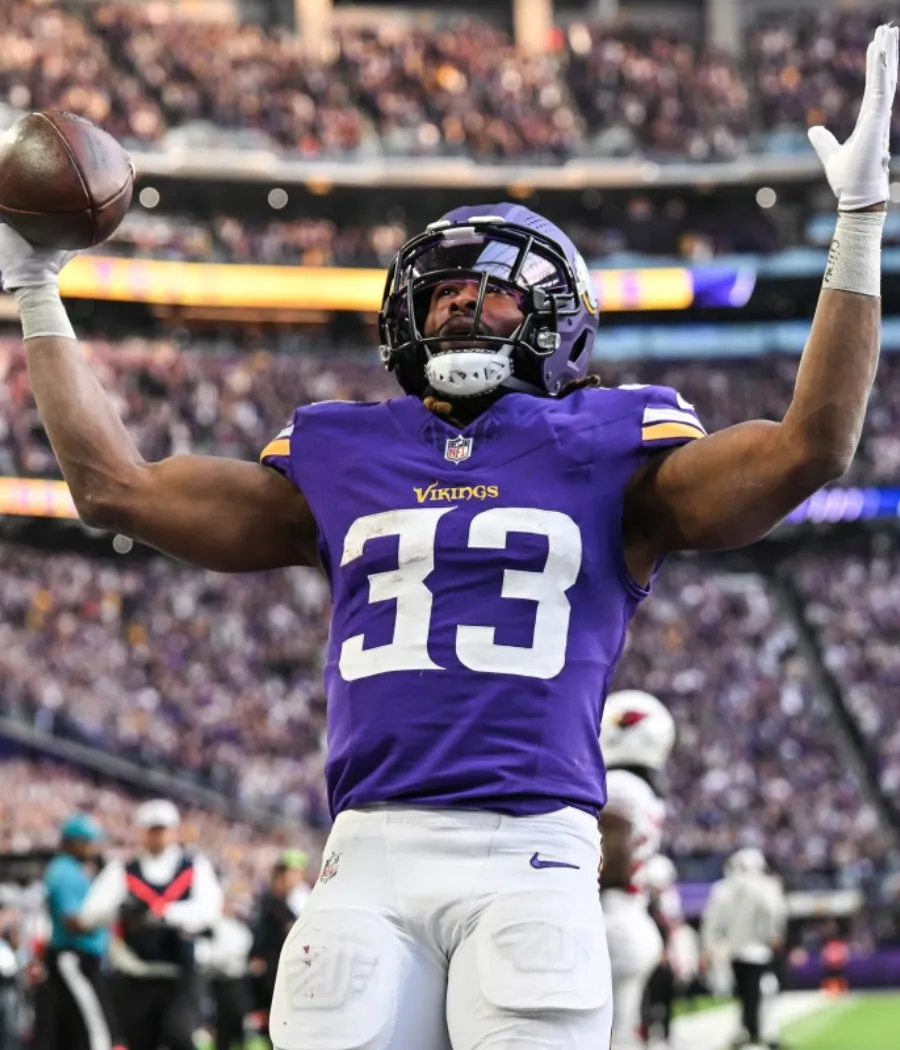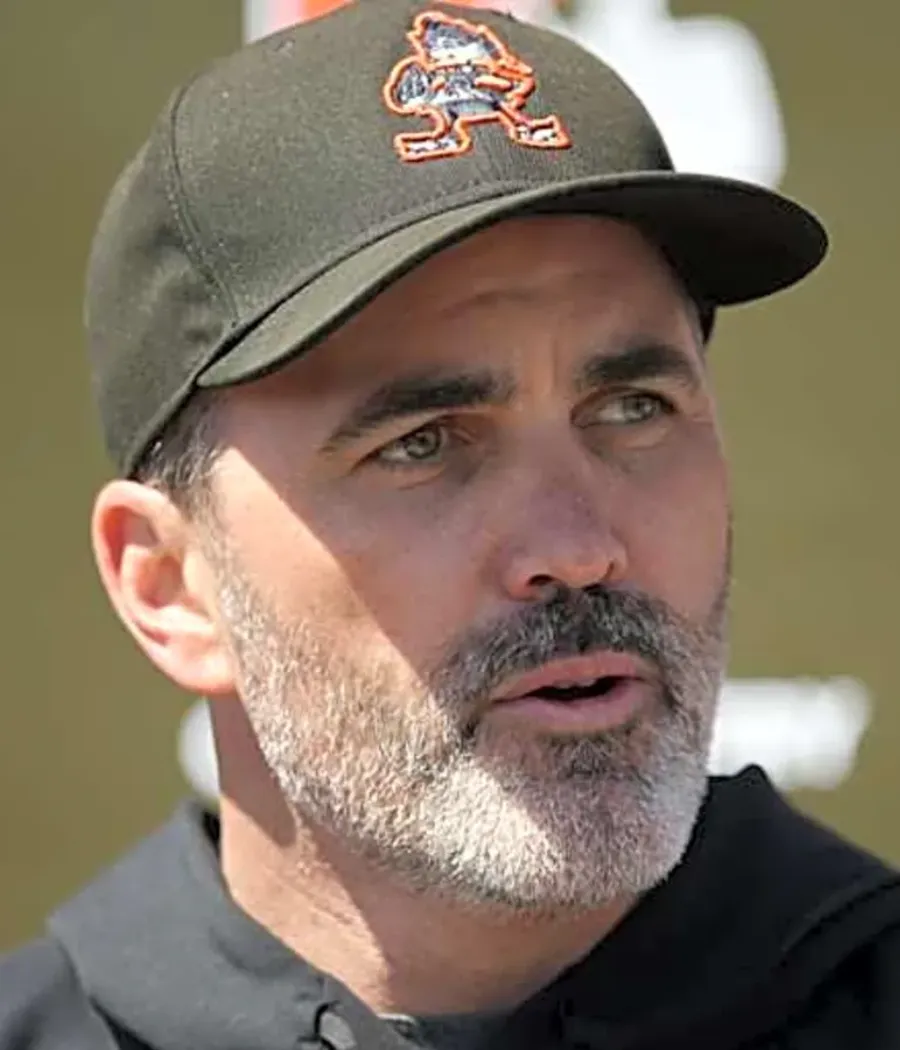
Sometimes, it's not just about the money. While the final goal for a player is to make more, and for an NFL team is to spend less to build a strong roster, there are tools beyond salary to make everyone happy. This is probably what the Green Bay Packers will try with offensive lineman Elgton Jenkins, who skipped OTAs and held in during mandatory minicamp trying to get a better deal done.
The situation is complicated because both sides have good arguments. Jenkins has two years left on his current deal, but nothing left is guaranteed. He's also moving from guard to center, which is a less valuable position, so now is the best moment to ask for a pay raise.
Meanwhile, the Packers simply don't give extensions to non-quarterbacks with two years left to play. And giving that up would be opening a dangerous precedent for future negotiations. Green Bay's style of contract structure is like that, and there are no guarantees beyond the initial signing bonus.
If a real contract extension is unlikely at this point, both sides can sit at the table and discuss some other alternatives to make an agreement that would make sense for everyone.
Non-likely to be earned incentives
There are two types of incentives in the NFL, likely to be earned (LBTE) and non-likely to be earned (NLTBE). This is decided based on if the player reached the incentive threshold in the previous season, and it affects how the incentive will hit the salary cap. A LBTE incentive counts now, and the team is credited back next year if the player doesn't reach it. With the NLTBE ones, there is no cap hit now, and it happens in the following year if the player gets it.
So with Jenkins, the Packers could realistically add some incentives based on Pro Bowl participation and team results (NFCCG and/or Super Bowl appearance). It wouldn't hit the cap now, and the Packers would be happy to pay him next year if it happens.
New guarantees
This is a tough one, because the Packers are not sure that they will keep Jenkins beyond 2025, but a good start is to guarantee his $12.8 million salary this year. Maybe there could be some extra guarantee added in 2026, but things become a little bit more out of touch here based on the Packers' track record.
Roster bonus in 2026
If new guarantees are not usual for the Packers, this would be a useful tool to make a solid deal for both sides. Jenkins is slated to make $20 million next year. So the parties could convert, let's say, $3 million of the $18.5 million base salary to a roster bonus if the player is on the team by the fifth day of the 2026 league year, in March.
That doesn't force the Packers to keep Jenkins if they don't want to, and even opens the window for a contract extension next year if desired. What it does for the player is to avoid a situation like Jaire Alexander had this year, where he was cut only in June and had a tougher market elsewhere.
If there is a roster bonus early trigger date, the Packers will have to make a quick decision. And if Jenkins is cut in March, he will have better options to sign with another team in free agency.
Anticipate money from the future
Jenkins is slated to make $12.8 million in 2025 and $20 million in 2026. If the Packers plan to keep Jenkins beyond this year, they could anticipate a portion of next year's salary. Elevating this year's money to $14.8 million and reducing next year's compensation to $18 million would be a good-faith message from the team.
Right now, the Packers have $35 million in cap space, so paying a little bit more to make Jenkins happy while getting more flexibility next year could be a viable option.



-1753281865-q80.webp)